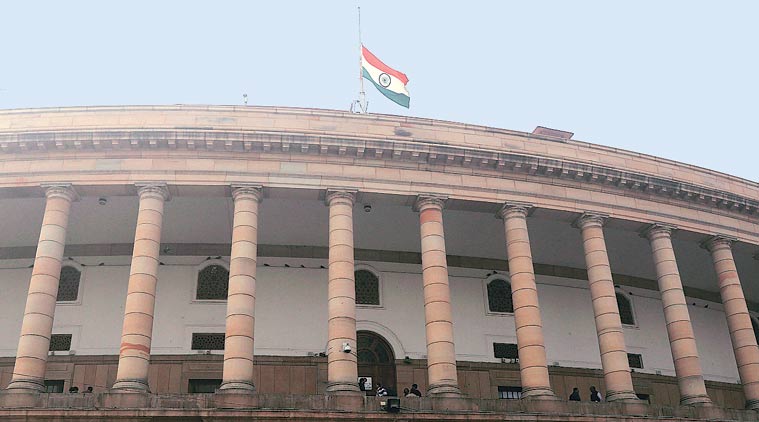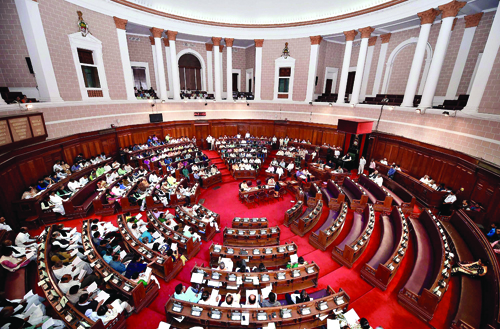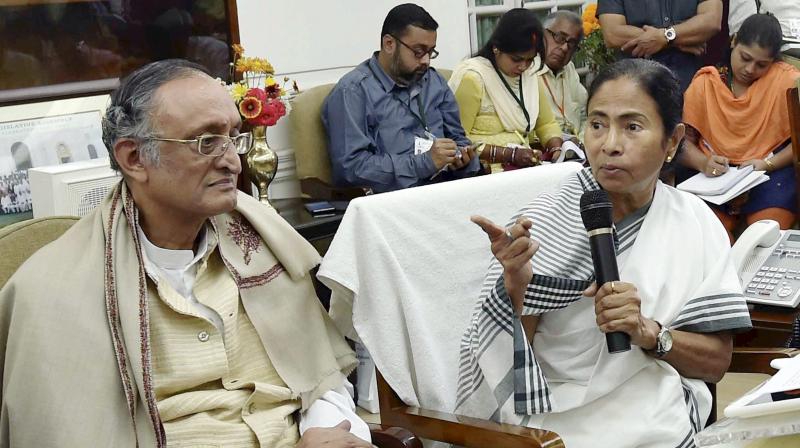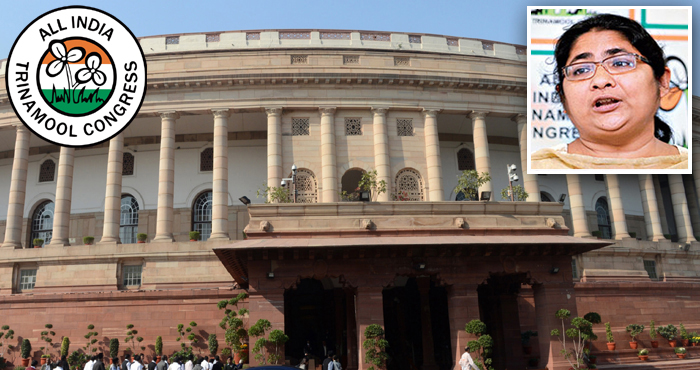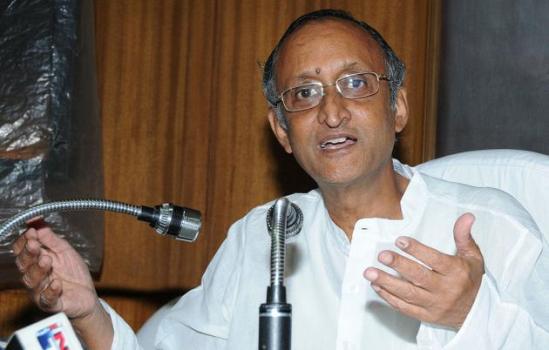Bengal Finance Minister Dr Amit Mitra believes that implementing goods and services tax is not feasible from April. Here is his interview:
How feasible is the April 1 deadline?
There are many issues, at least 15 unresolved, which are critical.For example, the definition of agriculture, definition of agriculturist, what happens to a share cropper? Further, what needs to be resolved is the definition of a state.Now a question that has come up suddenly by the Union government is constitutionally 12 nauti cal miles belong primarily to the Centre and not to the states. Gujarat gets Rs 1,200 crore from ships.Maharashtra, Kerala, Karnataka, Odisha and West Bengal have been collecting taxes. There are other issues such as clauses related to arrest and non-profiteering.
What about the arrest clause?
It is the most draconian measure. Barring one state, Gujarat, no state has the arrest clause in VAT and it has never arrested anybody .Above Rs 2 crore tax violation will be eligible for arrest but bailable. The minute you cross Rs 5 crore, it is non-bailable. And who gets the power? The tax officer. What kind of power? The same power that a police inspector has.
But why didn’t you or others protest?
Several states, including Andhra Pradesh, said this should not be there. Then, the question was let us keep it but then water it down.
Why water it down? Why not drop it and make it same as the VAT law?
In West Bengal, tax collection doubled in five years without the power to arrest. States across political parties are of the view that the arrest clause is in violation of ease of doing business…
The anti-profiteering clause was inserted to protect consumers. Why the opposition?
The argument made by businesses was that competition should take care of the fact that when we benefit from taxes, if I don’t lower my prices, somebody else will.It may not happen in a monopoly or an oligopoly . That’s where the Competition Commission is supposed to intervene. Now, you are looking at another authority or existing authority? A point made by a large BJP state was how many items among thousands are we going to chase? In other words, it will be cherry-picking resulting in inspe ctor raj. Is this the GST we want?
The Centre has said it will be an enabling provision.
The minute you enable yourself, you open the gate for potential inspector raj by an authority that has not yet been defined in the law.This clause was introduced by Malaysia and it has failed.
What about dual control and what is the solution?
The empowered committee came to a unanimous decision presented to the Union FM (Arun Jaitley) in Kolkata and again in Delhi. The consensus was that below Rs 1.5 crore, states should continue to look after all of the business, including goods, deemed goods and services. The central bureaucracy , especially the Central Board of Excise and Customs has 86,000 tax personnel, while the states have 2.65 lakh. The underlying political issue is one of federalism. There is a feeling that if there is dual control, and if the Centre has a say below Rs 1.5 crore, it will end up with the central offices in sub-divisions, who knows even lower than sub-division level.
What about tax rates, have officers been able to categorise products?
A call also has to be taken on the nature of the product. The question is who is going to take the call?
For how many items? You are talking about many thousands of items… Not a single meeting has taken place on fitment of products.
When is the earliest we can expect GST?
The approach of the central bureaucracy will have to undergo some change. In case of dual control, in the case of IGST, both of them have been objected to by the central bureaucracy . Six meetings have been postponed on the topic of dual control.
You are not committing to a date…
I would not commit on a date. I would not commit on a date till we have answers to these questions.
Is July feasible if issues are resolved within a month?
Does it appear to you that in a month what remains to be settled will be settled? That will be magical. You can have a sub-optimal, truncated GST with draconian clauses, inspector raj thrown around. Is that what the nation has betted on GST?
There is criticism that you are holding up GST because of political issues -demonetisation and arrest of your colleagues?
When we ventured we knew that the nation will take a hit on tax collections… That is the reason we asked for compensation. At that time there was no other economic hit in the picture and then comes demonetisation. Can the economy take two hits simultaneously? We found cesses in the GST Council which will go into a fund. How much? Rs 55,000 crore. Tomorrow, if it is Rs 85,000 crore where will it come from? The Centre has promised nothing. Why can’t the Centre come out and say we will give it from Consolidated Fund of India?
There is criticism that you are holding up GST because of political issues -demonetisation and arrest of your party colleagues?
When we ventured we knew the nation will take a hit on tax collections, particularly states. That is the reason we asked for compensation. At that time there was no other economic hit in the picture and then came demonetisation. Can the economy take two hits simultaneously? We found cesses in the GST council that will go into a fund.How much? Rs 55,000 crore.Tomorrow, if it is Rs 85,000 crore where will it come from? The Centre has promised nothing. Why can’t the Centre ay that we will give it from the Consolidated Fund of India?

